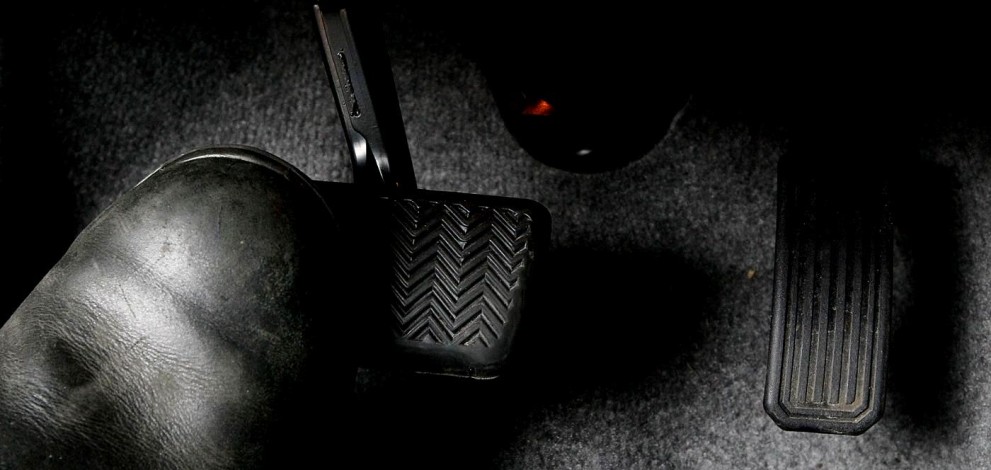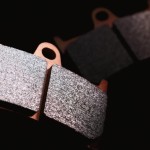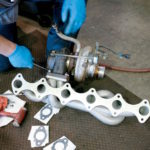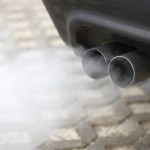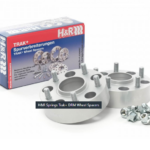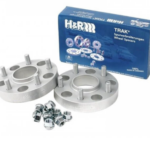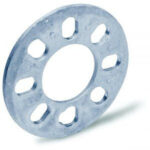If you’re having problems with your brakes, it’s not a good idea to ignore them. Yet chasing leaks, noises or pulls can cause a lot of frustration. Especially when they keep cropping up again.
Before you throw in the towel, check out this guide on the most common brake problems, the possible causes, and how you can correct them.
And once you know what’s wrong, you can fix it.
If you want your braking system to be even better-than-new, consider investing in premium pads, rotors, and other system components.
Common Brake Problems, Causes & Solutions

| Problem |
You installed new brake pads and brake rotors, and your vehicle stops without any problems. But when you change the direction from forward to reverse you hear a clicking sound coming from your brakes. |
| Cause |
Chances are your vehicle has an anchor bracket style caliper which loads the brake pads in different directions using stainless steel clips. The stainless steel clips are manufactured from spring steel, and they could be worn out. |
| Solution |
If you didn't get new clips with your brake kit, you can purchase them separately. When you install the new clips, don't forget to lubricate them well with a high performance synthetic brake lubricant. |
| Problem |
You had your rotors machined and installed them with new brake pads. But when you step on the brake, you hear a rhythmic thumping sound. |
| Cause |
It's possible that your rotor finish is rougher than it should be. A rough surface will draw up the pads, and when they move back into their original position the pads make a thumping sound. |
| Solution |
Check your rotors's surface for any scratches or grooves. If the surface is not smooth, you need to sand it using 180-grit sandpaper or re-machine the rotors on a slower speed. |
| Problem |
Your brakes got very hot and you experienced serious brake fade after driving down a steep mountainous region. Now your brakes fade when you're driving in heavy traffic. |
| Cause |
Brake fade is caused when your brake fluid comes to a boil and get "saturated" with air bubbles. The bubbles can't be compressed, resulting in fade. And when this happens, your brake fluid will be much more susceptible to boiling over again. |
| Solution |
You need to check your brakes and change your brake fluid after a serious brake fading situation. |
| Problem |
You've replaced your brake pads and rotors, and now hear a chirping sound every time you release your brake. And when you step down on the brake, the sound goes away. |
| Cause |
If your rotors have rust, it's distorting their surface. The rough rotor face will wipe against the brake pad's friction material with every rotation of the tire, resulting in a chirping sound. |
| Solution |
To get rid of rust, dirt and other contaminants clean the wheel hub surface very thoroughly (focus on the area where the rotor mounts). Using a torque wrench, tighten your wheels. |
| Problem |
Your brake pads are low-dust, yet you've noticed a lot of brake dust forming on your wheels. |
| Cause |
What often causes excess brake dust is improper caliper retraction. Your caliper has a special square-cut seal that keeps the fluid inside the caliper. When you step on the brakes, the seal rolls over. When you release the brakes, the seal unwinds and moves the pads away from the rotor. If this seal is worn, the pads won't move away as required and your rotor will wear out quicker (as evidenced by the excessive brake dust). |
| Solution |
Replace older or corroded calipers with high quality performance calipers. |
| Problem |
You serviced your FWD vehicle's front brakes and now the brake pedal doesn't feel right, and you think it should sit higher. |
| Cause |
Your rear brakes were probably not inspected and are out of adjustment. |
| Solution |
Inspect your rear brakes by removing the rear drums and checking the brake shoes. If everything is OK, clean your brakes with brake cleaner. Lubricate the backing plates' landing area and the pivot points. Adjust the brake shoes to the needed clearance. |
| Problem |
When you service your brakes, they don't seem to last as long as your OEM brakes did. |
| Cause |
Your brake system was not restored to its stock condition. |
| Solution |
When you're servicing your brakes, it's not enough to just reline them. You need to use new or machined rotors and premium friction materials. Disassemble and clean your caliper by removing any rust and corrosion. Replace and lubricate the caliper hardware. Bleed and flush your old brake fluid. Burnish the pads for proper break in. |
| Problem |
Your late model vehicle has anti-lock brakes. And when you step on the brakes, just before it comes to a complete stop, the pedal drops and begins to pulsate. This doesn't always happens, and when it does your speed is less than 12 km/h. |
| Cause |
This could be caused by dirty or rusty ABS sensors. |
| Solution |
When you're servicing your brakes, don't forget to clean the ABS sensors. You can do this using brake cleaner. Remove any metal filings. Inspect the tone rings for cracks or missing teeth and replace if needed. |
| Problem |
You're finding it difficult to fit your brake pads in the caliper anchor. You used new clips, and your pads fit so tightly that you're afraid they won't function properly. |
| Cause |
This could be caused by rust on the anchor brackets. |
| Solution |
Inspect your anchor brackets and clean them thoroughly. Replace a worn anchor. Rust under the clip can result in brake drag and uneven wear. |
| Problem |
After a routine brake job, you notice that your brakes are dragging. |
| Cause |
If your caliper pistons were pressing in too much, excess brake fluid could have made its way into the master cylinder. This could be blocking the cylinder's vent, causing the brakes to self-apply when they are warmed up. It's also possible that your caliper piston was pushed into the dirty fluid accumulated in the caliper piston bore, causing it to stick. |
| Solution |
Bleed out dirty fluid by attaching a hose to the caliper bleeder screw. This will ensure the master cylinder is not overly full and will prevent dirty fluid from pushing backwards into the braking system. |



